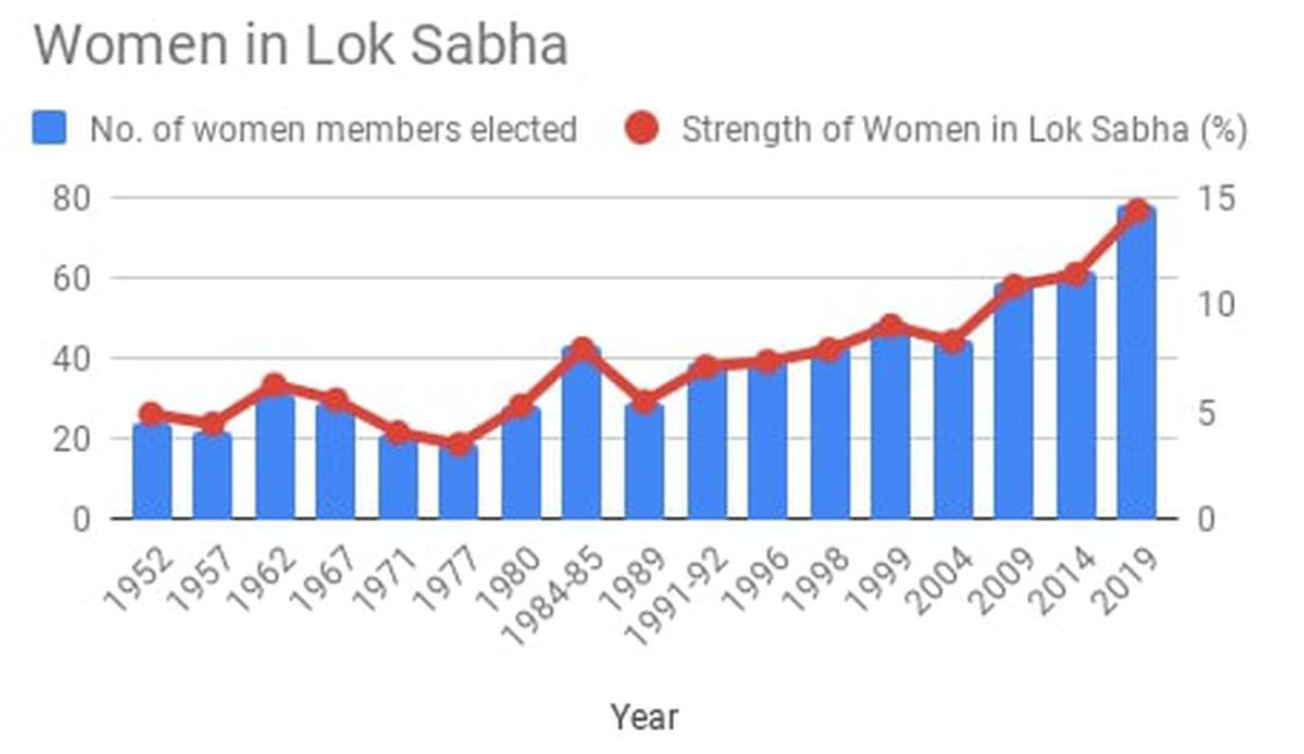My foreword is published in a book!
I wrote a foreword for Derek O'Brien's new book titled 'Who Cares About Parliament'
Hello! This post is unusual as It’s not got to do about data or statistics. Rather, it’s to share a professional achievement. Back in December 2022, casually scrolling through reels, I saw an essay contest reel posted by Derek O’Brien.
Instead of having politicians, ministers, presidents write a foreword for his work, which in many cases is the norm, he wanted India’s youth to write the foreword for his new book. Knowing the deadline was in a few hours, I speed-wrote an essay about ‘What the parliament means to me’.
I was informed a few weeks back that my essay was selected and would be printed as a foreword in Derek O’Brien’s new book. Here it goes:
FOREWORD
While painting the magnificent Statue of David, Michelangelo simply envisioned a version of the statue and carved all that was not it. While this process of elimination may sound simple, it has an air of poetry to it. The parliament, to me, is an abstraction of this poetry — The ideals of Justice, Liberty, Equality, and Fraternity being the Statue that is yet to be carved, and our lawmakers the ‘Michelangelic’ carvers.
To simply call the parliament a congregation of elected individuals gives this pillar of democracy a rather dull and transactional air, but most importantly it absolves the people in parliament of their duty to keep carving not just for the immediate benefit, but for the greater good – the upholding of democratic values. Many a manifesto today are focused on reversing their nemesis’ work, but none bear the essence of the pursuit of this common greater good.
There is, however, a simple caveat to this juxtaposition between the Parliament and the Statue of David: The Parliament’s grail will always be a work in progress. Our elected representatives must take the baton from their predecessors, just like they did from the founding fighters, run their mile and pass it forward. This is not merely a peripheral duty of representative, it must be the central theme for the success of this great republic.
Each thump on the table must portend to a chink in the stone, chipping away all that is undemocratic to reveal the masterpiece.
But here goes my promise to you about this being a newsletter about data: I want to share some charts about the Indian Parliament!
Although the share of women MPs is increasing in the Parliament since the last 3 decades, it is nowhere near parity. Efforts must be made to increase the political empowerment of women.
India’s median age is 28 years, meaning that 50% of our population is under the age of 28. However, the average age of the average parliamentarians is almost double that — 54 years. Impetus must be provided for younger people to become political representatives.
About 60% of all MPs are newly elected. This indicates that both voters are political parties are willing to give chances to fresh faces and perspectives. These first-timer politicians can disrupt the status quo and introduce much-needed dynamism and forward-thinking to the political process.
The book ‘Who cares about parliament’ is a very well-written account of the challenges this glorious institution faces. Get your copy!
Job Listings
Centre for Social and Economic Progress: Research Associate in the Natural resources and sustainability group.
GIST Impact: Paid Internship for 3-6 months.







Super!